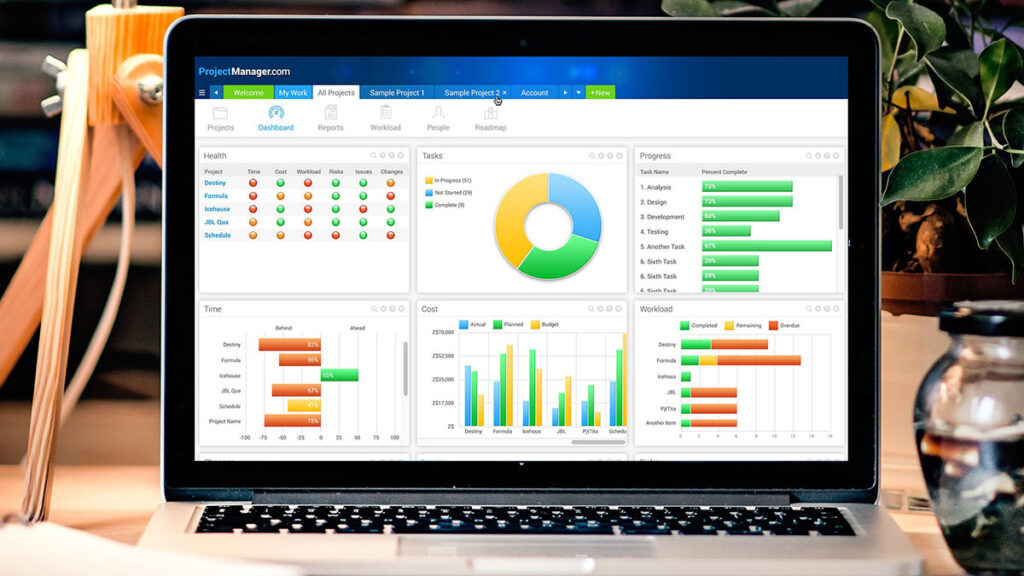Time Management Hacks for Busy Veterinary Professionals

As an entrepreneur, a busy emergency and critical care specialist, and a veterinary professional, managing time effectively is non-negotiable. Being a solo parent adds another layer of complexity. The reality of having limited waking hours, coupled with my need for at least 7 hours of sleep daily, emphasizes the importance of efficient time management. Incorporating effective ‘time hacks for veterinary professionals’ is crucial to optimize these precious hours.
I can remember starting back to work full-time after my daughter began daycare. Between caring for her in the mornings and evenings, and getting my own daily self-care and exercise routines in. It felt like there was zero time left for work, nevermind regular household tasks. I was feeling overwhelmed, exhausted, and on the verge of burnout. After re-evaluating some of the ways that I was spending my time, and saying no to some of the commitments that I no longer had space for. I rejigged my time management and found additional tools that helped to maximize my efficiency and productivity.
Effective time management helps individuals stay organized and in control of their workload. Thereby reducing the stress and anxiety associated with feeling overwhelmed or rushed. It also enhances productivity, which allows for improved work-life balance and more opportunities to practice self-care. It’s important to recognize that managing time efficiently can help individuals pace themselves. And taking breaks when needed, thereby preventing burnout.
So, the question remains, how do entrepreneurs, practice owners, and other busy veterinary professionals maximize their daytime hours to get high quality work completed in a timely manner? After more than 10 years working as a solopreneur and staying highly productive (despite hiccups) along the way. Here are my top time hacks to help veterinary professionals do the same.
Use software for scheduling meetings

The days of going back and forth via email to find a meeting time that works for everyone invited are gone. With today’s meeting scheduling polls such as Doodle, as well as scheduling software programs like Calendly. It is as simple as sharing a link and letting those invited share their availability or schedule their meeting are massive timesavers.
Prioritize tasks based on urgency and importance

I am a big fan of tools like the Eisenhower Matrix, which help individuals to categorize tasks. For example, as “urgent and important”, “important but not urgent”, “urgent but not important”, or “neither urgent nor important”. Tasks that are urgent and important should be prioritized. Those that are important but not urgent should be scheduled. Those that are urgent but not important should be delegated. And those that are neither urgent nor important should be stopped (think scrolling or streaming!).
Use project management software

I used to be someone who kept multiple lists and would rewrite them and amalgamate them over and over. I spent more time making lists than actually checking things off of them! Several years ago I switched to digital project management software. This allows me to organize tasks into categories: Include information or links, assign deadlines, and tag colleagues. Tools like Asana and Trello have been a game changer for me from an organization standpoint.
Block time in the calendar

Before my week begins I make a point of perusing my calendar, checking my project management software, and scrolling through my email. This to take note of my most important projects and tasks for the week. Then I go into my calendar and block the estimated amount of time off that I think I will need to complete each one of those tasks. This ensures that I prioritize the projects that are most important and it also prevents the mental labor of having to decide on a daily or hourly basis what I need to get done, which makes my days much more efficient and productive.
Use automation tools and batch work

Any tasks that are repetitive are best done together and using automation tools whenever possible. I’ll use the example of social media. Creating graphics, writing posts, and scheduling them on social media are relatively repetitive tasks that I do at the same time, rather than several times per week. This allows me to get a month’s worth of content planned in advance. And using scheduling software tools such as Meta or Hootsuite, saves me from having to spend more time than I want on social media platforms.
Hire a virtual assistant

I am tremendously grateful to have had some incredible help over the years from my accountant, to various summer students, and many virtual assistants. Having the right help can be transformative for the efficiency and effectiveness of a business, especially for veterinary professionals. I do not know of any entrepreneur or business owner who would not benefit from having assistance. Tasks such as accounting, marketing, managing your inbox, or providing IT support can be a setback. I have individuals who help me with each of these tasks, which not only alleviates the stress I feel trying to deal with some of these subjects that are outside of my wheelhouse, but also offload tasks that I am not efficient at and do not enjoy.
Organize documents in the cloud

For individuals who travel for work or collaborate with others in their business, having shared access to documents can make a world of difference. I store any “living documents” such as Word documents or Excel spreadsheets in Google Drive. Whereas any “fixed documents” such as graphics, PDFs, or PowerPoint presentations are stored in Dropbox. No matter where I am working, my assistants and I have access to these documents and can work alongside each other whatever we might be doing.
Aim for single-tasking

One of the biggest “misses” I see among entrepreneurs, business owners, and veterinary professionals is trying to do too many things all at once. While some situations require multitasking, such as answering a question while performing a procedure. The reality is that nobody is productive while doing two or more things at once. Focusing on a single task improves efficiency and reduces stress and is something we should all strive for as often as possible.
In summary, time management and efficiency aren’t just about productivity; they are about creating a balanced and fulfilling life. When individuals have control over their time and can use it effectively. They experience less stress, better work-life balance, increased productivity, and improved overall wellbeing.